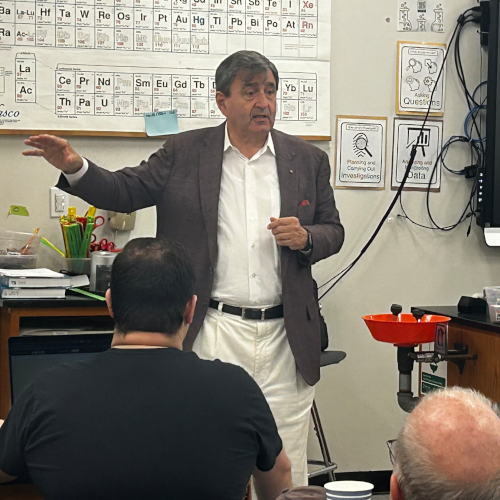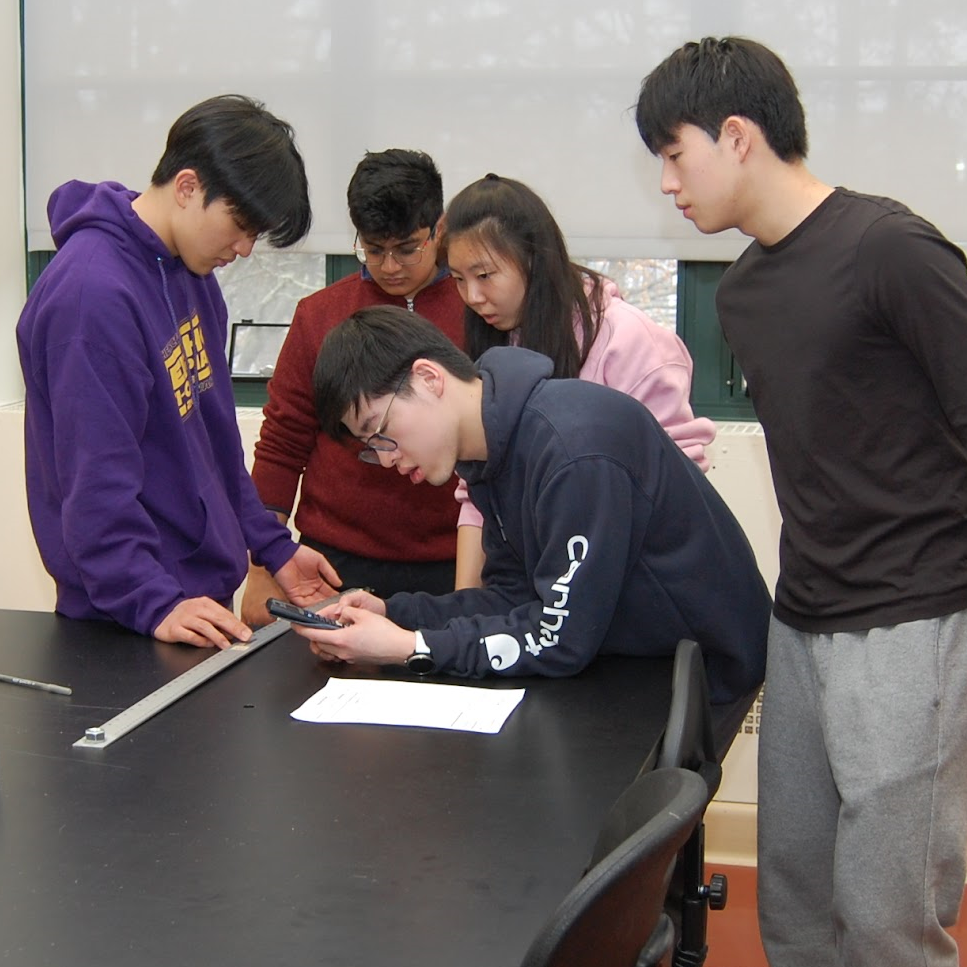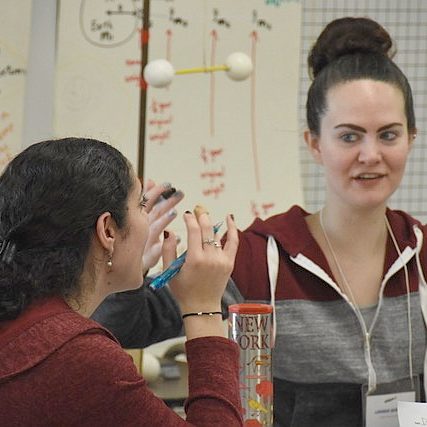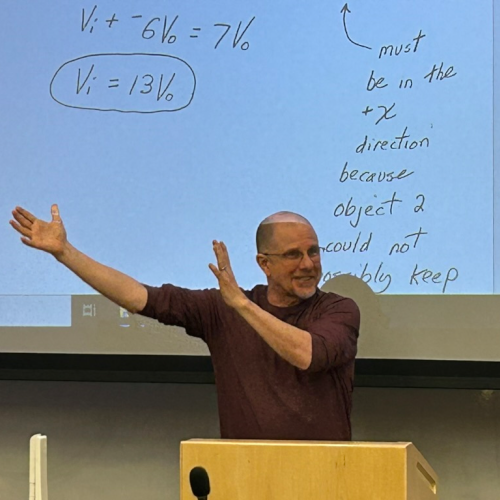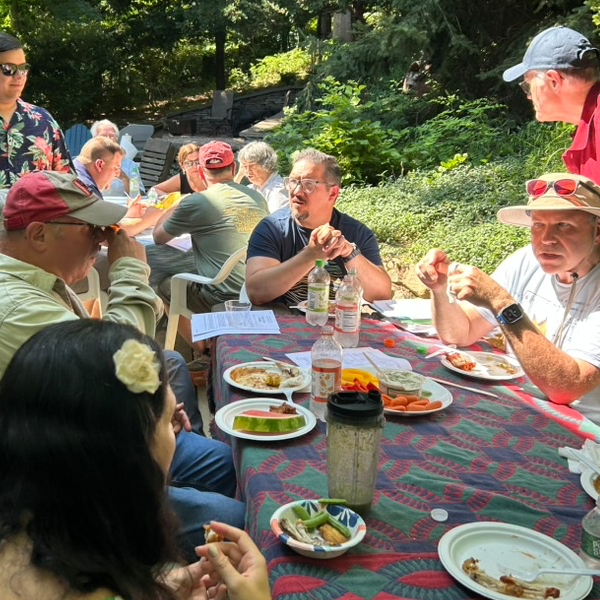Connections Matter!
Join the community of Physics teachers on Long Island to share your ideas, find support from fellow Physics teachers, and stay informed. To learn more about the many ways we support our physics teachers, go to ABOUT LIPTA.
Benefits of Membership
All Physics, by Physics people, for Physics teachers of Long Island, NY:
- Fall Conference – for Physics teachers, typically on a Saturday morning
- Spring Conference – for Physics teachers, typically on a Saturday morning
- Physics Olympics: 1-day event for student teams, typically in March
- Discussion of AP/IB exams – for Physics teachers, typically in May
- BBQ social: for Physics teachers, typically in June
- Newsletters: delivered to your email of choice
You can now renew your LIPTA membership! Go HERE.
Latest Posts
- Ward Science – NYSSLS Lab Kits
470361-768Ward’s® NYS Investigations Physics, Thermal Tales (Class kit)
470361-770Ward’s® NYS Investigations Physics, Wheels to Watts (Single lab group)- Includes Pre-drilled bucket
470361-772Ward’s® NYS Investigations Physics, Wheels to Watts Consumables (Class kit)
470361-766Ward’s® NYS Investigations Physics, Induction Junction (Class Kit)
470361-686 Ward’s® Induction Coils- 300/400 turn pre-wound coil turn pair-coming soon
- LI Wind Energy Workshop
KidWind has a free LI Wind Energy Workshop on Dec. 6 from 9-3pm at Ørsted’s Setauket facility. Can you share with your teachers? kidwind.org/event/long-island-wind-energy-training/
- Worlds of Physics Lecture
On Friday, November 14 at 7.30 pm, we have a Worlds of Physics lecture by Distinguished Professor Laszlo Mihaly entitled “The cost of energy: Do electric vehicles save on the fuel cost?”
The venue is the Earth and Space Sciences Building, ESS 001. See below for an abstract and a short bio.
___________________________________________________________________________________________________
The Cost of Energy: Do Electric Vehicles Save on the Fuel Costs?
Distinguished Professor Laszlo Mihaly
We will review the advent of hybrid cars and EVs, with special attention to the physics
principles behind the emerging new technologies, including special areas from atomic
physics, condensed matter physics and nuclear physics. We cover topics from
magnetism, semiconductors and superconductivity. We discuss why rare earth elements
are important, and why are they rare. We will answer the question posed in the title, and
the answer will be “It depends”…. We discuss technologies and policies that influence
the answer.
Distinguished Professor Laszlo Mihaly received his PhD in 1977 at the Eotvos Lorand
University in Budapest. In addition to being a staff member at the Central Research
Institute (Budapest), he held positions at the Institute Laue-Langevin in Grenoble,
Universite Paris Sud in Orsay, and at UCLA. He joined the Department of Physics and
Astronomy at Stony Brook in 1989. He is an experimental condensed matter physicist,
with research interests.

